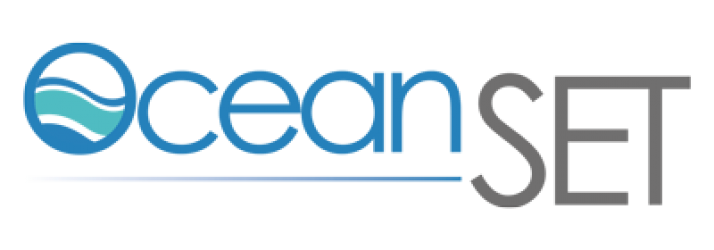Dissemination and communication activities are a core part of the OceanSET project. Among these activities, one dissemination workshop per year is planned to ensure a wide dissemination of the key findings presented in the annual report. The second dissemination workshop was first planned as a side-event of ICOE 2021 to benefit from the presence of the target audience and therefore maximise impact. However, the overall conditions were not entirely satisfying and it was instead decided to organise a webinar in close collaboration with ETIP Ocean, the European Technology and Innovation Platform for Ocean Energy. Indeed, the first webinar, which was very successful, was organised with ETIP Ocean. The e-worshop was scheduled for 26 May 2021 from 11:00 AM to 12:00 PM CEST.
The workshop was organised to provide an update on the European Ocean Energy sector, based on recent information on costs, technologies, revenue support and other facts across European countries as presented in the second annual report produced by the OceanSET project. After presenting the OceanSET project and the second annual report key findings, presenters gave an update on the new European Commission targets for the Ocean Energy sector before offering a vision of the sector in 2030. The webinar ended with a Q&A session and lasted a total of 1 hour and 6 minutes.
The webinar was a success with 121 participants (105 unique persons) out of 147 registrations. Almost half of the audience belongs to the industry sector, which means that the original target audience objective has been achieved. Another important aspect is that 41% of the participants came from the academic sector. Government sector and inter-governmental institutions represented 10% of the audience. Beyond the number of attendees, the participants’ interest was reflected through the time spent in session. 65% of them attended the webinar for over an hour and 24% of them for a duration between 40 minutes and one hour. Overall, these figures are very much similar to the first webinar’s statistics. The number of questions asked during the Q&A session is also significant. Not all of them could be answered due to a lack of time. A dedicated document that lists all the questions with the appropriate answers was prepared. The recording and the slides of the webinar are available on the OceanSET and ETIP Ocean websites.
> Download: D6.9 – Report on the second dissemination workshop
![]()
